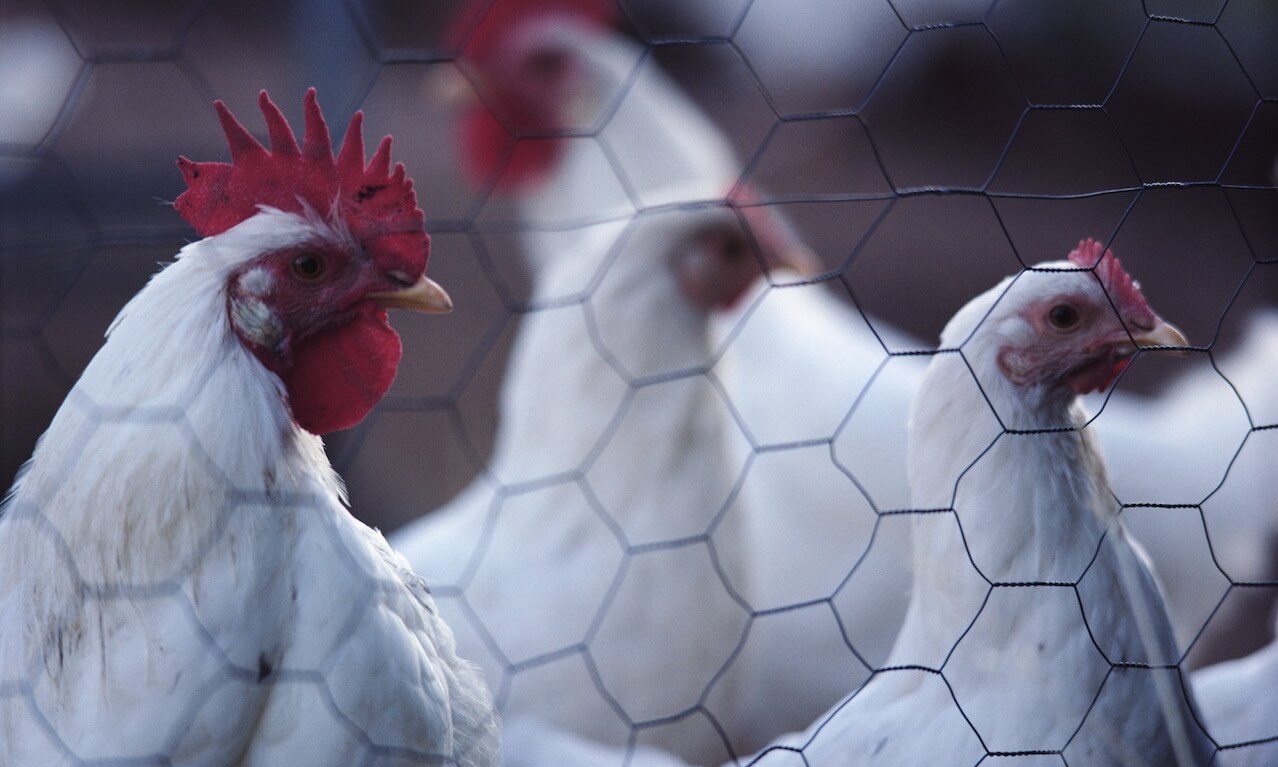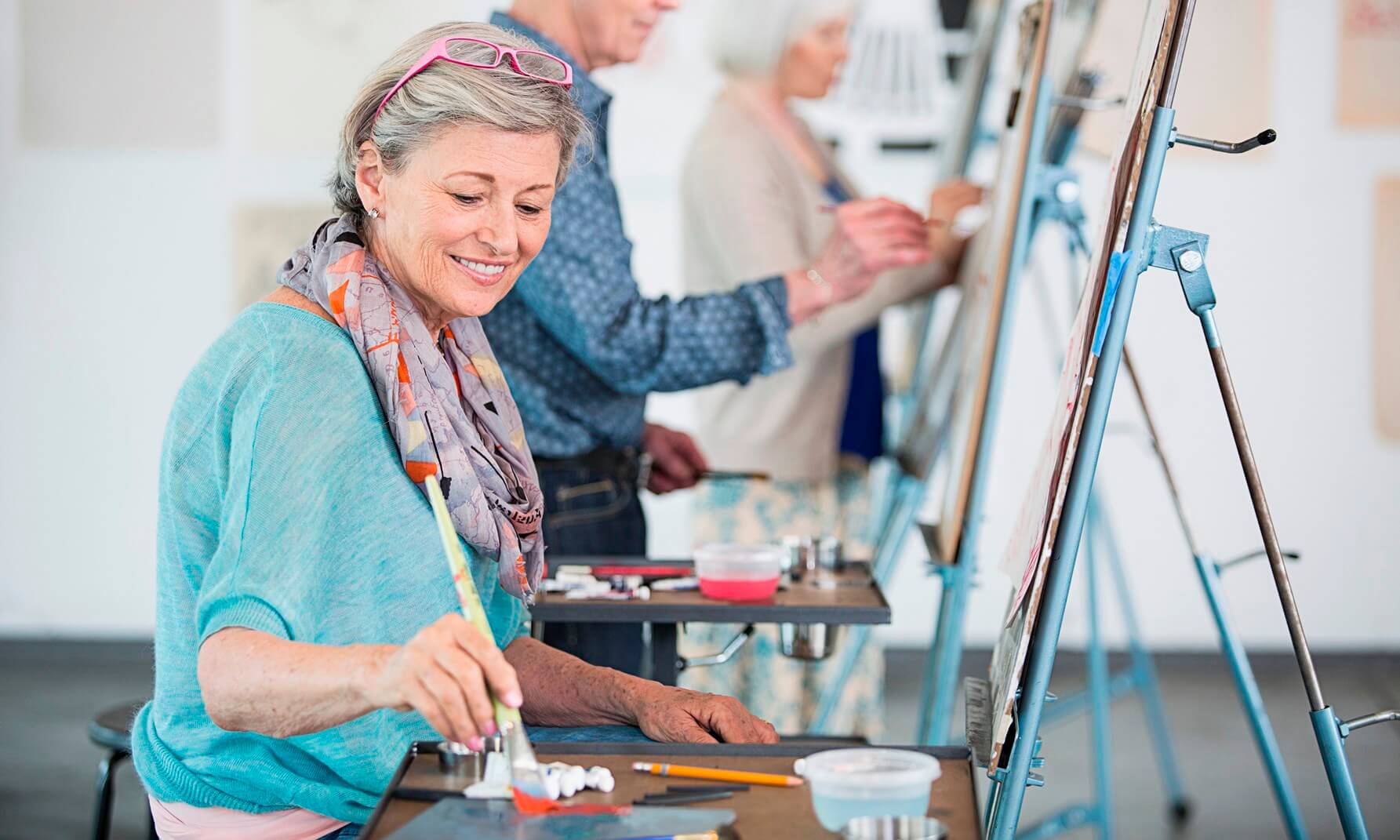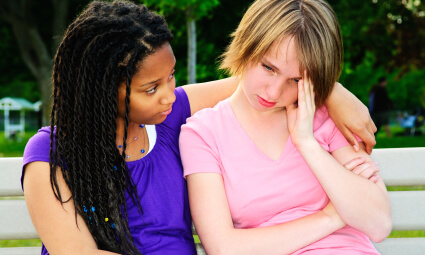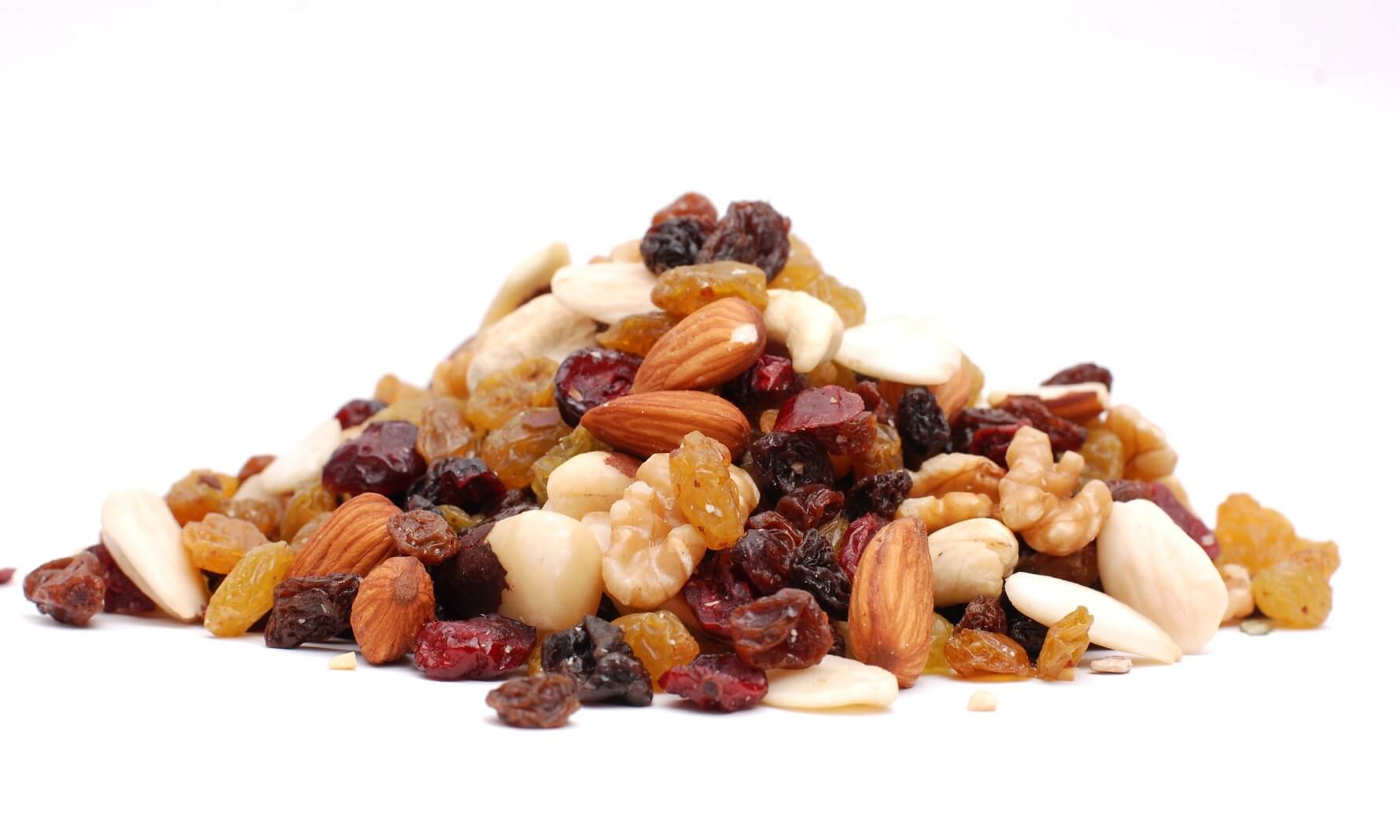Another Obama Decision Reversed? Now It’s About Food Safety.
Source: NBC News
This article documents the current disputes about the safety of workers in the meat processing and meat packing industry.

This article documents the current disputes about the safety of workers in the meat processing and meat packing industry.

Read about why expressing yourself shouldn’t be considered a luxury. Then find tips for ways to work self-expression into your daily life.

Do you have any pets in your family? Excluding chewing of furniture…do you ever get a sense of the benefits a pet like a dog can bring to your family’s health and well being? Bonding with pets can promote emotional, physical and social benefits.

The Mayo Clinic offers tips on forgiving those who hurt us and explains why it’s important to do so.

The topic of health insurance may not seem very exciting, but it has a clear, documented impact on our lives.

“You are what you eat.” We’ve all heard that, but researchers are digging in to how what we eat affects our internal ecosystems.

An Audubon Society program for nursing homes and assisted-living facilities, Bird Tales is intended to help people with dementia connect to the natural world. By encouraging elderly patients to create better habitats for native bird populations, both communities benefit.

Cancer cells are our own cells, changed to reproduce rapidly. A young medical researcher figured out what triggers the life-threatening change that spreads cancer cells throughout the body.

Many talented people do their jobs so well that they are almost invisible. Find out who these workers are and why they derive more satisfaction from their work than from fame or money.

People react to threats and fear in different ways. Self-control can help avoid a dangerous confrontation. However, a new study suggests that teens’ brains are not wired to back down in the face of a threat.